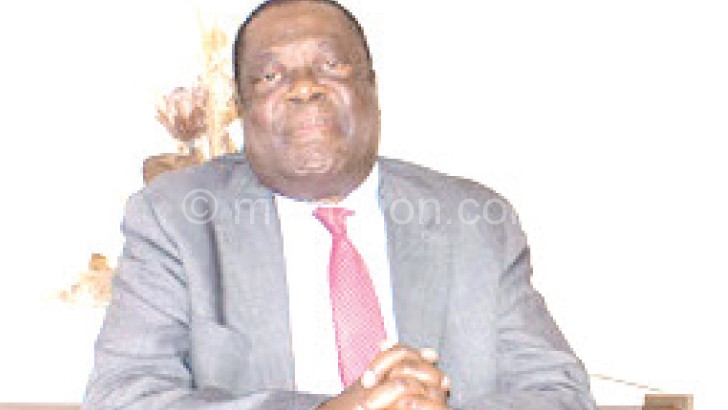Deceased estates tax underutilised—Tax expert
A tax consultant says Malawi Revenue Authority (MRA) could double its tax revenues if it could only fully utilise the deceased estates tax.
Emmanuel Kaluluma, senior consultant at Blantyre-based EK Tax Consultants explained that failure by the tax collector to make proper follow ups on the deceased estates has led to the tax collector failing to duly collect taxes from trustees running the estates.

Deceased Estates Tax is tax which becomes due when a deceased estate remains undistributed.
In November 2015, Parliament approved the revision of the threshhold at which estate duty is paid from K30 000 to K5 million in keeping with the devaluation of the currency in the Estates Duty (Amendment) Bill.
However, Kaluluma said that there is a lot of money in the bank which is earning interests but remains untapped by MRA because they have not enforced the laws enough.
“During that time when the estate has remained undistributed, trustees who are managing those estates are supposed to submit returns and pay taxes from the interests earned in the banks but this is not much happening. As Malawi, we have not done well on this.
Because I can tell you that a lot of deceased estates have not been distributed and yet there is a lot of money that they are making. So you can imagine if the law was enforced across, maybe collection could have been twice as much,” he said.
Minister of Finance, Economic Planning and Development Goodall Gondwe told Parliament at the time of the Estates Duty (Amendment) Bill review that at K30 000, the rates and threshold value were too low, hence, the upward revision to K5 million.
He said: “Currently, estates duty is levied on property whose value is in excess of K30 000. In light of the depreciation of the kwacha, the value of the estates duty has been eroded. People who ordinarily would have not paid estates duty are doing so and estates duty has become exorbitant.”
However, he warned that abolishing the duty would mean that government would have to find other sources of revenue in place of the duty.





